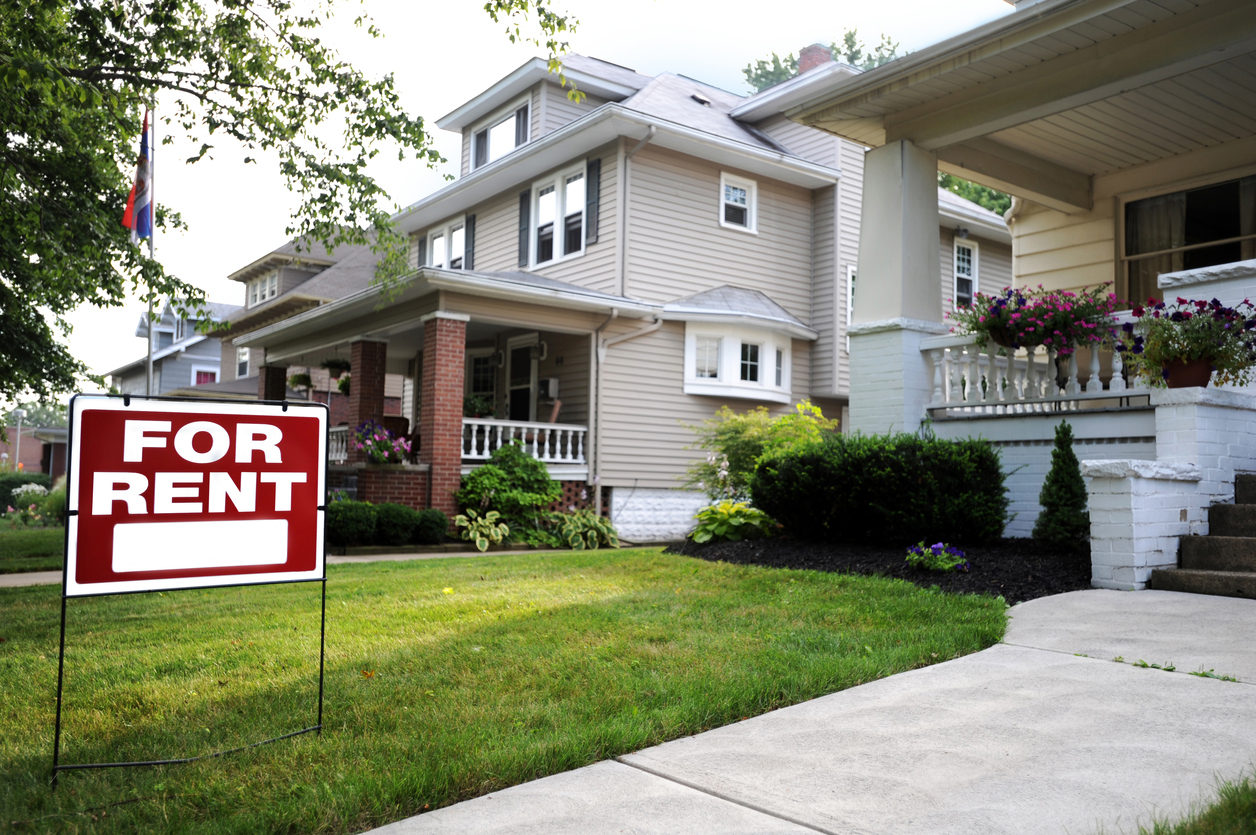Rental Housing: A much-neglected housing option for the poor
 The document titled “Rental Housing: A Much Neglected Housing Option for the Poor” discusses the critical role of rental housing in addressing the housing needs of low-income populations in developing countries. It highlights how rental housing can serve as a viable solution for many who cannot afford homeownership, emphasizing the need for policies that support and enhance this often-overlooked sector.
The document titled “Rental Housing: A Much Neglected Housing Option for the Poor” discusses the critical role of rental housing in addressing the housing needs of low-income populations in developing countries. It highlights how rental housing can serve as a viable solution for many who cannot afford homeownership, emphasizing the need for policies that support and enhance this often-overlooked sector.
Importance of Rental Housing
Rental housing is essential for many urban residents, particularly in developing countries where rapid urbanization has led to a significant housing shortage. The document points out that millions of people rent their homes for various reasons, including financial constraints, mobility preferences, and the desire for flexibility. For low-income households, renting often provides a more accessible means of securing shelter compared to purchasing property, which is frequently beyond their financial reach.
Current State of Rental Housing
Despite its importance, rental housing is often neglected in policy discussions. Many governments prioritize homeownership as the ideal housing solution, leading to a lack of investment in rental markets. This oversight can exacerbate housing shortages and lead to the proliferation of informal settlements. The document emphasizes that a substantial portion of urban populations live in inadequate rental conditions, characterized by overcrowding and poor infrastructure.
Challenges Facing Rental Housing
1. Quality and Affordability
The quality of rental housing varies widely, with many tenants living in substandard conditions. The document highlights that inadequate maintenance and lack of basic services are common issues. Furthermore, while rent levels may seem affordable compared to homeownership costs, they can still be prohibitively high for low-income families, particularly in rapidly urbanizing areas.
2. Security of Tenure
Tenure insecurity is a significant concern for renters in many developing countries. Many tenants face the threat of eviction without notice or legal recourse, which undermines their ability to invest in their homes or communities. The document calls for policies that enhance security of tenure for tenants, ensuring they have stable living conditions.
3. Lack of Supportive Policies
Governments often fail to recognize the importance of rental housing in their urban policies. The document argues that this neglect leads to inadequate support for both tenants and landlords. Without proper regulations and incentives, landlords may not invest in improving rental properties, further perpetuating poor living conditions.
Policy Recommendations
To address these challenges and enhance the role of housing, the document proposes several policy recommendations:
1. Recognize Rental Housing as a Priority
Governments should explicitly include rental housing in their urban housing agendas. This includes acknowledging its role in providing affordable options for low-income households and ensuring it receives adequate attention and resources.
2. Avoid Universal Homeownership Policies
The document cautions against promoting universal homeownership as the sole solution to housing needs. Instead, it advocates for a balanced approach that recognizes the value of rental housing alongside homeownership options.
3. Implement Subsidies and Financial Support
Subsidies for low-income tenants can help make housing more affordable. Additionally, providing financial support to landlords who maintain or improve low-income rental properties can incentivize better living conditions.
4. Promote Security of Tenure
Strengthening legal frameworks to protect tenants’ rights is crucial. This includes establishing clear regulations around eviction processes and promoting written contracts between landlords and tenants to formalize agreements.
5. Enhance Quality through Upgrading Programs
The document suggests implementing upgrading programs aimed at improving existing rental stock rather than demolishing substandard buildings. This approach can enhance living conditions without displacing current residents.
Conclusion
The evaluation concludes that rental housing is a vital component of urban housing strategies in developing countries. By prioritizing this sector through supportive policies and programs, governments can significantly improve living conditions for millions of low-income residents. Addressing the challenges facing rental housing—such as quality, affordability, security of tenure, and policy neglect—will require concerted efforts from policymakers to create an inclusive urban environment where all residents have access to decent housing options.
